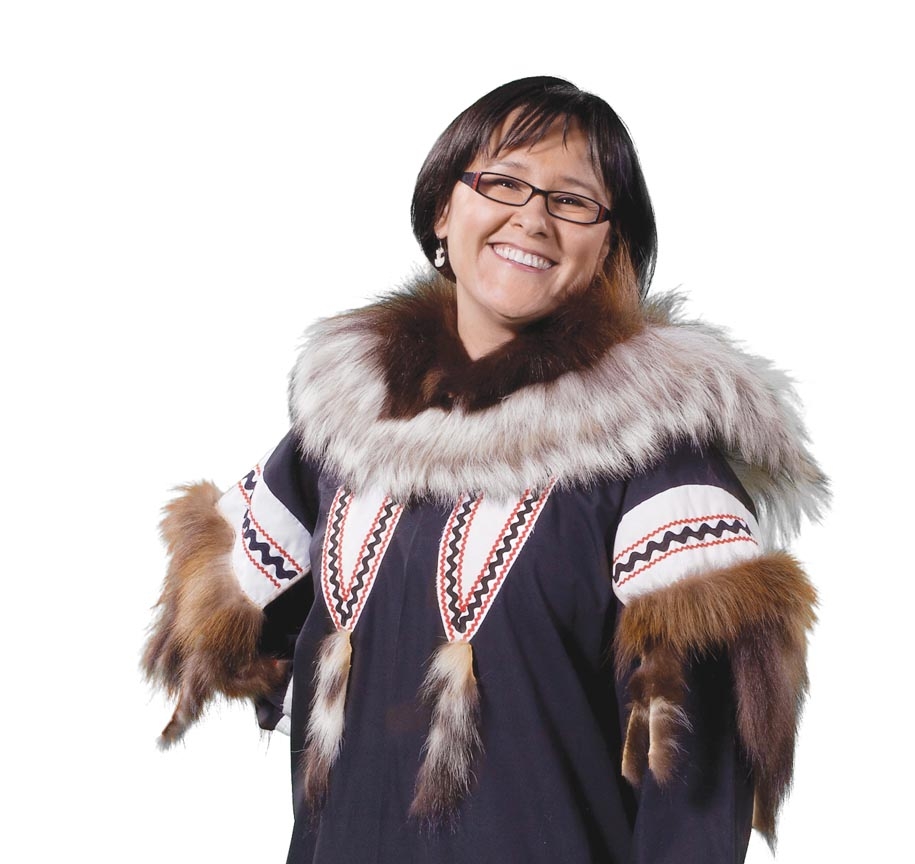May 15, 2013, was an exciting day for northerners, and for all Canadians, as our country assumed the chairmanship of the Arctic Council for the second time since its creation in 1996. As someone born and raised in Canada’s North and who calls it home today, I’m proud to chair this important circumpolar forum for the next two years.
The Arctic Council is the leading body for international cooperation on Arctic issues. Its unique structure includes Arctic states, and has the full participation of Aboriginal peoples.
I am honoured to have been named by Prime Minister Stephen Harper as Canada’s Minister for the Arctic Council. It’s a privilege to serve my country in any capacity, but there are two reasons why this role is especially poignant for me.
The appointment of a dedicated minister for the Arctic Council is a first for Canada. It reflects the importance that our government attaches to the North, to the Arctic Council and to our chairmanship of the body over these two years. Also, having someone in this position who was born and raised in the Arctic shows the importance that Canada has placed on the unique knowledge and experience that people of the North can bring to the table.
Since taking on this role, I’ve heard a clear message: the well-being and prosperity of people living in the North must be at the forefront of the Arctic Council’s priorities. Since the Arctic Council was established through the Ottawa Declaration and Canada took on the first chairmanship, the circumpolar region has undergone monumental transformation. I want to ensure that Inuit and northerners are benefiting from this far-reaching change; that is why the overarching theme for our second chairmanship is “Development for the People of the North.” Very simply, we are putting the interests of those who live in the Arctic first.
Canada needs to play a strong role in ensuring that the activities of the council actually make a difference to the many thousands of men, women and children in this remarkable region.
During Canada’s chairmanship, the council is focusing on responsible resource development, safe Arctic shipping and sustainable northern communities. Development in the Arctic must happen in a responsible and environmentally sustainable way in order to preserve the land, water and animals that many northern people still depend upon for their livelihoods.
Canada’s chairmanship will build on the leadership that the Arctic Council has taken on issues of importance to the people of the North. For example, at the Arctic Council ministerial meeting held in Sweden in May, where Canada assumed the chairmanship, Arctic ministers signed the Agreement on Cooperation on Marine Oil Pollution Preparedness and Response. An oil spill in Arctic waterways could have a serious impact on northerners. By acting together at the council, Canada and other Arctic states have enhanced our collective ability to respond.
A new task force will develop a concrete action plan on oil pollution prevention. It will consider what measures and actions can be taken to prevent future spills and suggest how these can be advanced by the Arctic Council or Arctic states.
The council will also establish a Circumpolar Business Forum. Using trade shows and expos, the forum will build Arctic-to-Arctic partnerships, increase cooperation and share information on common issues for the region, such as emerging technologies, clean energy and permafrost, as well as social and environmental concerns.
The creation of this forum comes at an important time. The Arctic is open for business. There are massive opportunities north of 60, in everything from natural resources to services. As interest in the region increases, we must ensure that those living there are active participants, side-by-side with industry and business.
The North faces a future of opportunity, change and challenge. If we are to successfully navigate this future, we must combine the critical knowledge and insights of the people who have lived there for generations with what we have learned, and will continue to learn, through scientific research.
For instance, I know how important it is to the Inuit people that Inuit quayimayatuqangit, or traditional knowledge, is included in policy making. Under Canada’s chairmanship, the council will develop recommendations for better incorporating such knowledge into its work.
I’m confident that by working with our Arctic Council partners, by facing our common challenges together and by building on the experience and knowledge that has been gained over the last 16 years, we will ensure that we have strong, healthy, sustainable and vibrant communities in the North.
The Honourable Leona Aglukkaq is the Member of Parliament for Nunavut and Minister of the Canadian and Northern Economic Development Agency

